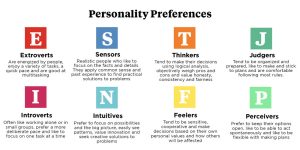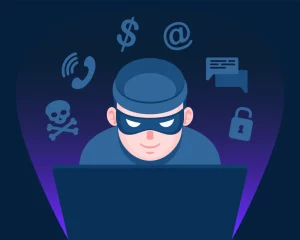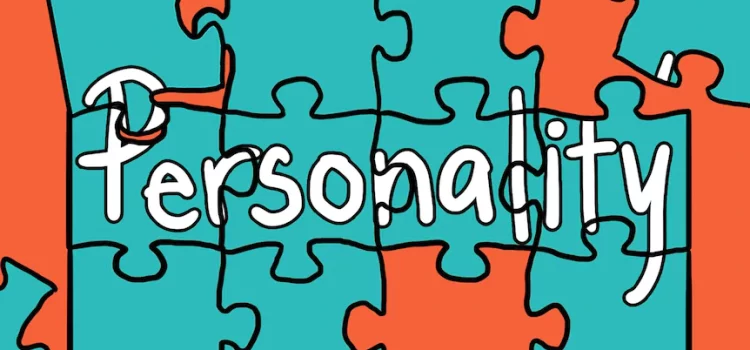
This content is designed for individuals who use digital communication platforms, particularly email, social media, and messaging apps. It’s beneficial for those who want to enhance their awareness of phishing scams and learn how certain personality traits can make them more vulnerable. This article is especially relevant for individuals who value online security and want to protect themselves from cyber threats.
Understanding Phishing and Vulnerability:
Before we delve into the realm of personality traits, it’s essential to grasp the essence of phishing and its nefarious tactics. Phishing involves the art of social engineering, where scammers employ various mediums, such as emails, SMS, or social media, to impersonate reputable entities and manipulate individuals into divulging sensitive data or falling prey to financial scams. While phishing can ensnare anyone, it’s fascinating to discover how specific personality traits can inadvertently tip the scales in favor of the scammers.
1. The Extroverted Dilemma: How Social Traits Play a Role:
Extroversion, a trait marked by sociability and confidence, may seem like an asset in the real world, but in the digital realm, it can inadvertently become a vulnerability. Research from the University of Toronto reveals that extroverts, driven by their goal-oriented and social nature, may be more susceptible to phishing scams. Scammers exploit their positive thinking patterns, enticing them with urgent messages and clear calls to action. We explore how extroverts’ openness and optimism can inadvertently expose them to cyber threats.

2. Agreeableness Amplified: Exploiting Empathy in Scams:
Agreeable individuals, characterized by their compassion and willingness to help, can find themselves ensnared by scammers who prey on their empathetic nature. Phishing attackers manipulate emotions like pity and desperation, crafting scenarios that tug at the heartstrings of these compassionate souls.

3. The People-Pleasing Predicament: When Kindness Becomes a Risk:
People-pleasers, who often go out of their way to make others happy, inadvertently open themselves up to phishing vulnerabilities. Scammers exploit their eagerness to assist, crafting urgent messages that prey on their desire to be helpful. We examine the delicate balance between goodwill and susceptibility, and how people-pleasers can navigate the treacherous waters of phishing scams.

4. Trusting the Untrustworthy: Gullibility and its Consequences:
Gullibility, or quickness to trust, is another trait that phishing scammers exploit to their advantage. While trust is a cornerstone of healthy relationships, it can become a liability in the digital realm. We uncover how scammers capitalize on the optimism and idealism of trusting individuals, and contrast this with the skepticism that serves as a shield against their manipulative tactics.

5. The Authority Quandary: Balancing Respect and Vigilance:
Respect for authority figures is a virtue, but when taken to an extreme, it can cloud judgment and lead to vulnerability. Scammers often pose as authority figures to induce fear or gain immediate trust. We explore how striking a balance between respect and vigilance is crucial to warding off phishing attempts that exploit individuals’ reverence for authority.

6. Self-Control and Scams: A Critical Connection:
Self-control, a crucial attribute in many aspects of life, plays a pivotal role in the realm of phishing vulnerability. Scammers design their attacks to trigger impulsive reactions, capitalizing on urgency and fear. We delve into the intricate interplay between self-control and susceptibility, offering insights into countering the tactics that scammers employ to exploit this trait.

Conclusion:
Phishing scams cast a shadow over our interconnected world, targeting individuals regardless of their backgrounds or professions. As we conclude this exploration of personality traits and vulnerability to phishing, the significance of self-awareness shines through. Understanding one’s extroversion, agreeableness, people-pleasing tendencies, trust levels, respect for authority, and self-control can serve as a beacon of protection. Armed with this knowledge, individuals can navigate the digital landscape with resilience and discernment, recognizing the potential pitfalls of phishing and countering them with a thoughtful approach. By pausing, reflecting, and adopting a cautious stance, individuals can shield themselves from the clutches of phishing scams, preserving their digital well-being in an increasingly complex online world.










